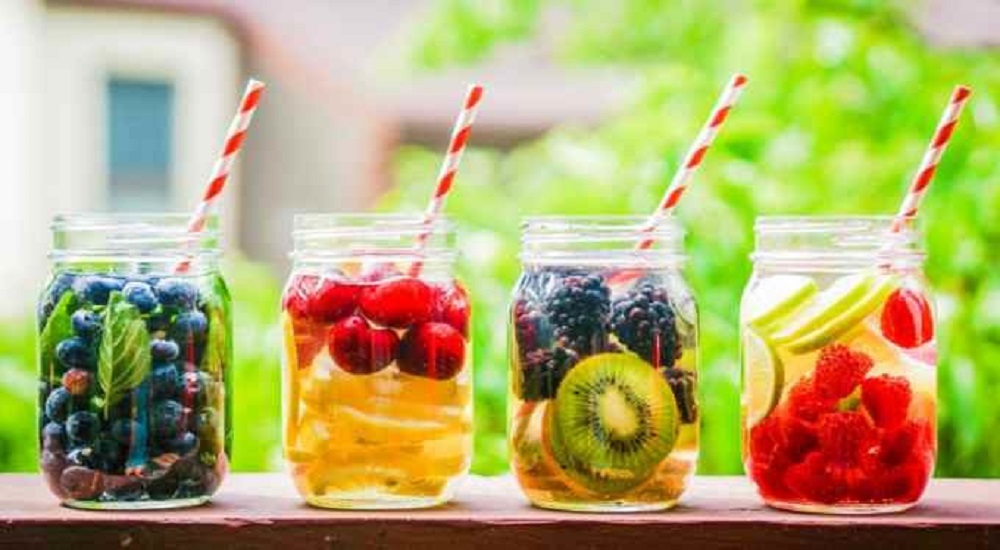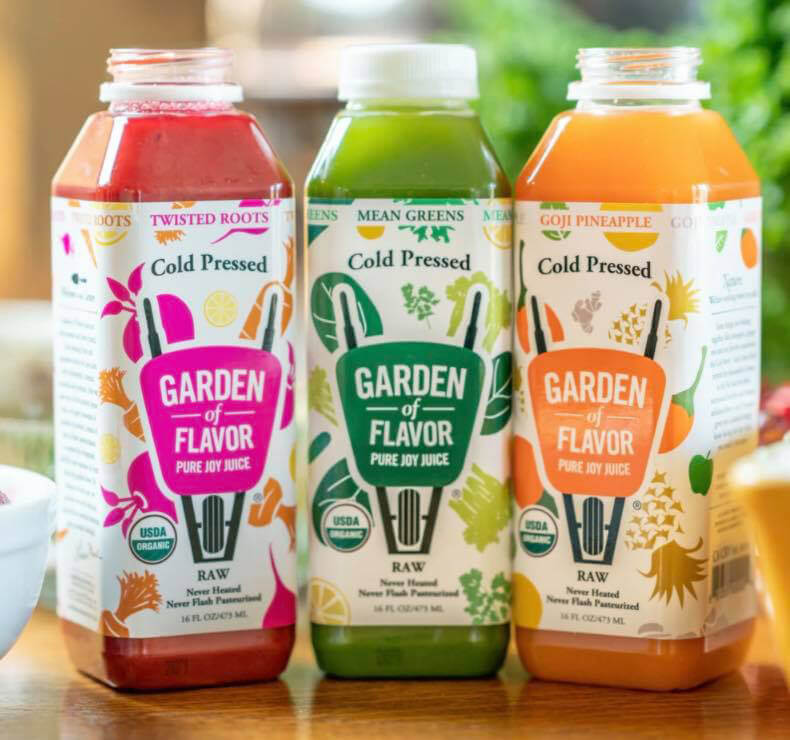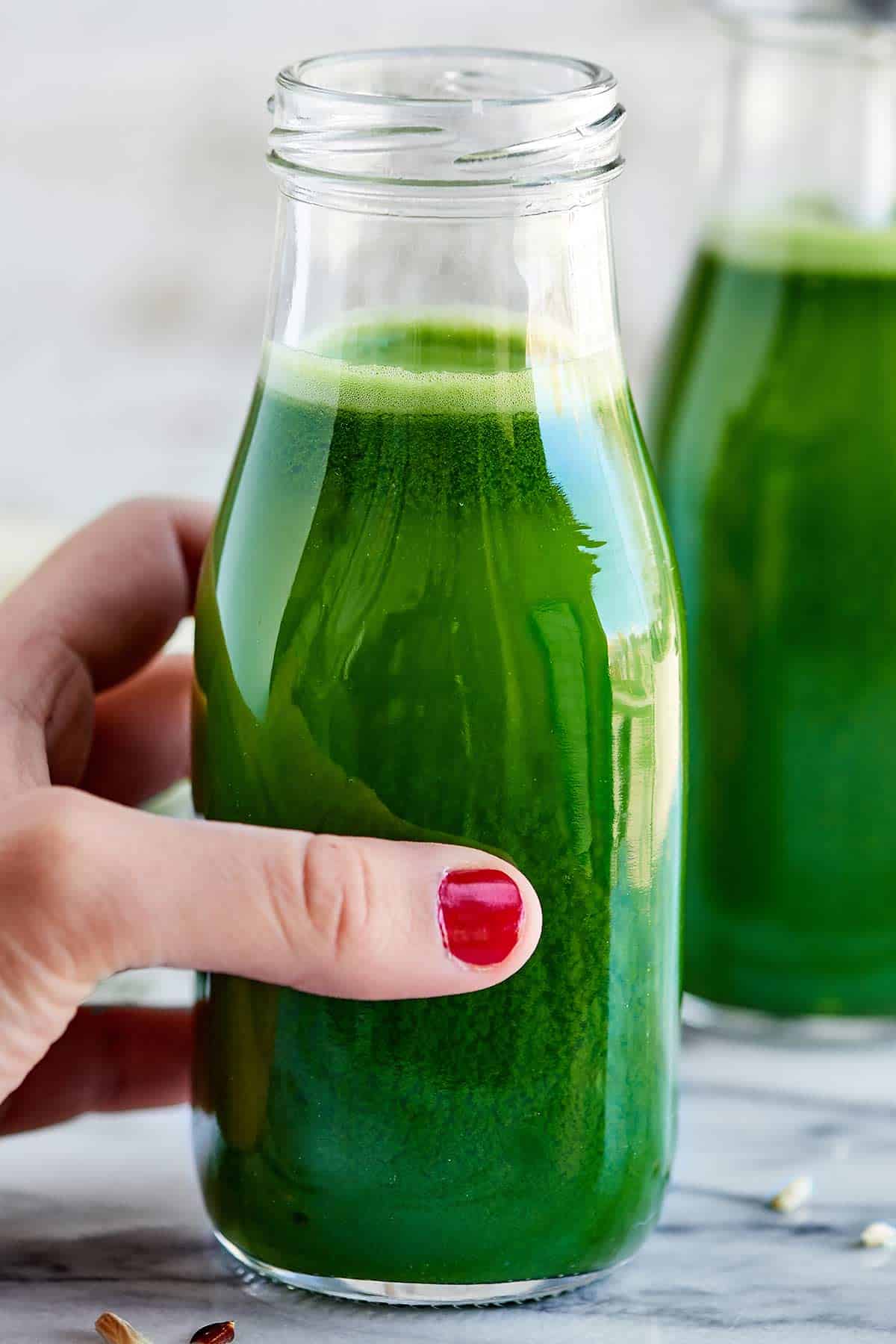

'But the truth is that consuming large amounts of sugar, whether from natural or processed sources, is not good for our health.'Īction of Sugar is demanding mandatory front of pack labelling clearly outlining the sugars from free sugars on all products. She added: 'The marketing of "green" and "berry" smoothies make us believe they're healthy.

'Many of us don't spend much time reading labels and we're much more strongly influenced by the overall look of the product rather than the detail.' Especially if you think you're drinking something healthy.
#Healthy juices to buy full
'It's very possible to consume a full 750ml bottle in a day. Kim Pearson, a qualified nutritionist based in London, told MailOnline: 'In reality this is a very small serving and many of us consume far more. Low: 0.3g of salt or less per 100g (or 0.1g sodium) High: more than 1.5g of salt per 100g (or 0.6g sodium) High: more than 22.5g of total sugars per 100g Low: 1.5g of saturated fat or less per 100gĪn adult's RDA of saturated fat is around 20g. High: more than 5g of saturated fat per 100g The NHS advice on what is high or low is as follows:Īn adult's recommended daily allowance (RDA) of fat is around 70g. Some supermarkets also label nutritional value with a traffic light system, in which more green points to healthier food. Generally speaking, foods with higher fibre and lower saturated fat, salt and sugar are healthier.

The main things to look for are fat, saturated fat, salt (which may be called sodium), fibre and sugar – which is often listed as 'of which sugars' beneath carbohydrates. The vast majority of packaged foods in the UK come with nutritional information printed on the label. However, experts say it's unlikely a consumer will stop there. Smoothie brands told MailOnline that their products contain no added sugar and they recommend drinking 150ml or less as a normal serving size - the same sizing recommended by the NHS. Seven to 10-year-olds should have no more than 24g, and children aged 11 and over should have 30g or less. While doughnuts have less sugar than the smoothies, they aren't comparable in fat, calories, or nutritional benefit.Ī fruit smoothie will contain vitamins, minerals and fibre, whereas a doughnut has virtually no health benefits.Ĭhildren aged four to six years old should be limited to a maximum of 19g per day, according to Government guidelines. The smoothie that had the lowest sugar content - Savse Super Blue Smoothie - contained 66g.ĪSDA's Strawberry and Banana Smoothie and Innocent Pomegranate contained 97.5g, or 13g per 100ml.īy comparison, a can of Coca Cola contains 10.6g of sugar per 100ml, according to nutritional information on the drink giant's website.

International Journal of Molecular Sciences. Effects and mechanisms of fruit and vegetable juices on cardiovascular diseases.


 0 kommentar(er)
0 kommentar(er)
